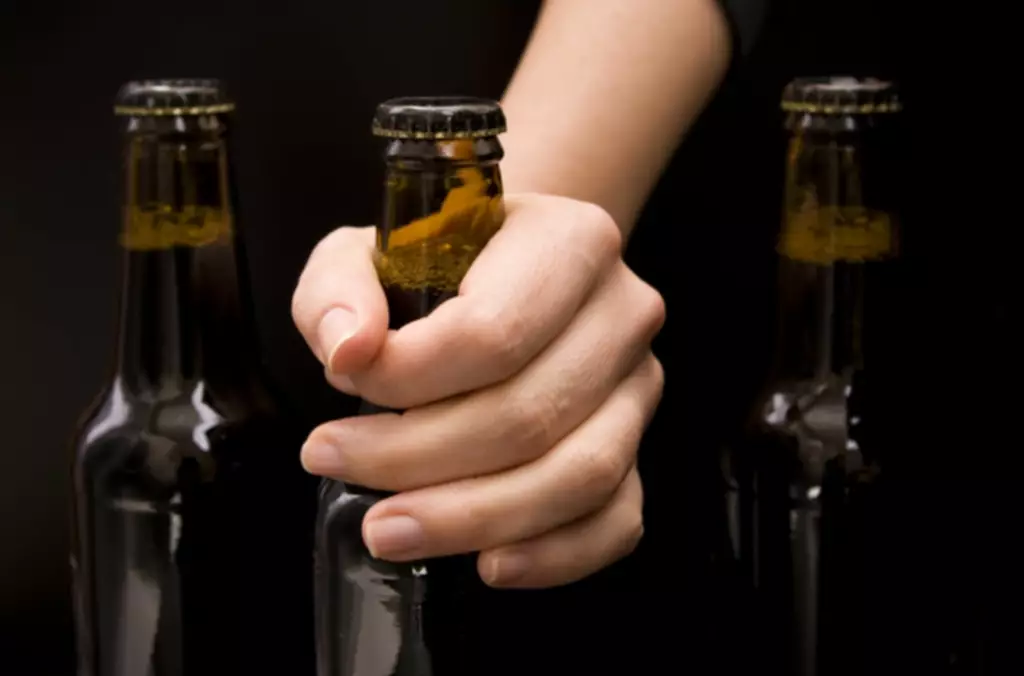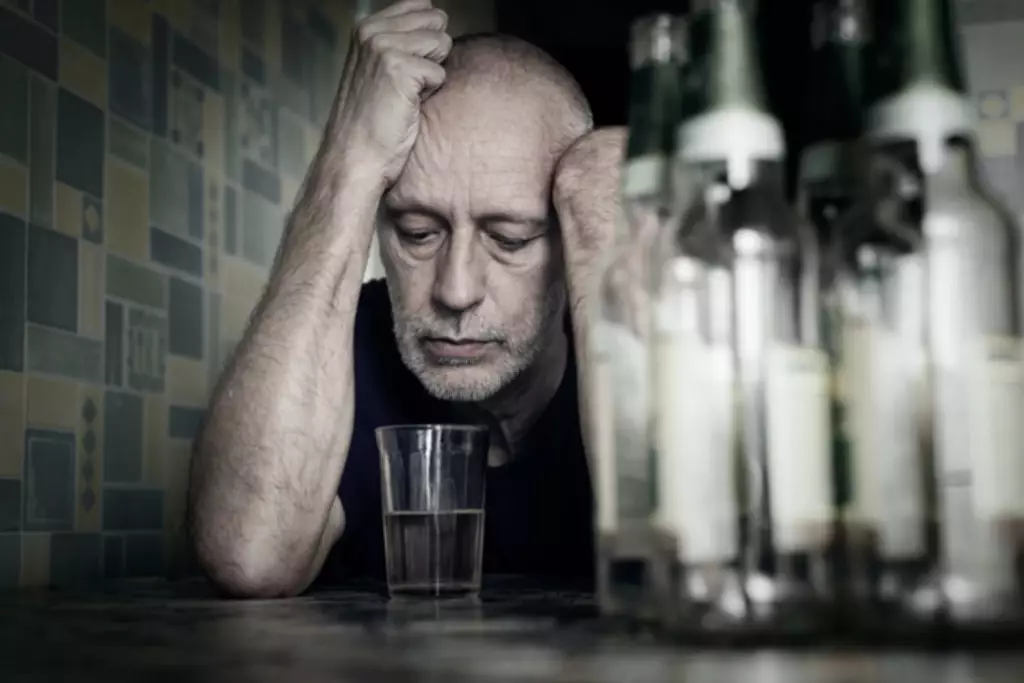
When we are struggling with addiction, we can feel incredibly powerless. We may feel like there is nothing we can do to overcome Substance abuse our addiction and that we are destined to fail. However, it is important to remember that we are not alone in this fight. There are people who care about us and want to help us recover. These people can provide us with the support we need to overcome our powerlessness and take back control of our lives. In essence, in Step One you’re making a conscious choice to recognize out loud you have a problematic relationship with substances.
Do You Justify Your Addiction?
This step serves as a beacon of hope for those struggling with addiction, reminding them that they are not alone examples of powerlessness over alcohol and that a network of individuals stands ready to support and uplift one another. Step One is the foundational step in both Alcoholics Anonymous (AA) and Narcotics Anonymous (NA). It is the starting point of the 12-step recovery process and sets the stage for acknowledging the depth of addiction and the need for help. In this blog, we will explore Step One in AA and NA, emphasizing its significance and how it serves as a powerful catalyst for change and recovery. I want to give you tools and a process to put your powerlessness and unmanageability under a microscope. Millions of people have found these tools for self-reflection helpful in coming to terms with the fact that with their unaided willpower they were unable to change their destructive behaviour.

Do You Have to Believe in God for 1st Step AA?
It’s left many people to interpret what unmanageable means in the book. In the rooms of Alcoholics Anonymous, there are several different viewpoints that you can hear about unmanageability. If you justify your use of your addiction, you may be powerless over it. I’ll just have one or maybe two; I can drink just one more day then stop, I’ll just smoke marijuana that’s not that bad, or I’ll only drink on the weekends, etc.
I’m working on Step 1, and while I know I’m an alcoholic, but I’m having trouble admitting I’m “powerless”

Prior to entering the substance abuse and mental health field, Erin was a Special Education Teacher for 10 years. Keep in mind, you’re never alone in this journey, and assistance is constantly within your reach. The journey toward understanding and managing unmanageability may seem challenging, but countless individuals have walked this path successfully, and https://ecosoberhouse.com/ so can you.

- What we can do is turn to a Power greater than ourselves for help.
- Many people live in denial about the severity of their substance abuse.
- Our mission is to provide the most cost-effective, accessible treatment for substance use disorder to as many patients as possible.
If you or someone you love struggles with substance use, you are not alone. Reach out to the Mandala Healing Center specialists now to explore our holistic approach to addiction treatment. Many people live in denial about the severity of their substance abuse. They may believe that they are in control and can stop anytime they want. It can be challenging for people to admit that they are not in control.

What Is Powerlessness?
It wasn’t long before I convinced myself I could just drink and smoke a little weed because I wasn’t like all of the other addicts and alcoholics around me. We all suffer from the same powerlessness over mood and mind-altering substances, people, places, and things. After enough pain, it did not take long before I had opiates back in my hand and absolutely no idea where it all went wrong. For those of us who used the 12 Steps on our quest to recovery – step one can be a lot to take in. Step one encompasses the total and utter powerlessness found in the depths of the disease of addiction. As crazy as it sounds, I was completely powerless over my addiction but I was also completely ignorant of how far down the scale I had fallen.
- Acknowledging powerlessness over alcohol and drugs can be liberating for many people.
- You will be unable to go further in your recovery if you cannot recognize that you and alcohol do not mix.
- The founding members of Alcoholics Anonymous wanted to help others suffering from severe alcoholism find the relief and freedom they had achieved.
- He holds a Master of Science degree in Counseling and has over 26 years of experience as a substance use/mental health counselor with the Montgomery County Government.
- Without accepting powerlessness and unmanageability, it becomes challenging to make meaningful progress in your journey to recovery.
- At Chapel Hill, our medical detox program offers an unmatched level of quality clinical care in a state-of-the-art facility.
This belief is what gives them hope and helps them stay sober. This article will explore how admitting powerlessness can help you in addiction recovery. Reach out to the team at the Mandala Healing Center now to explore our holistic treatment programs.
